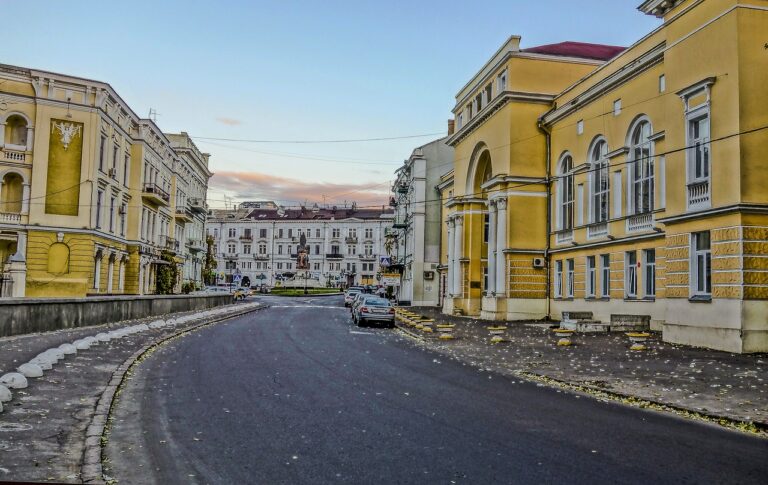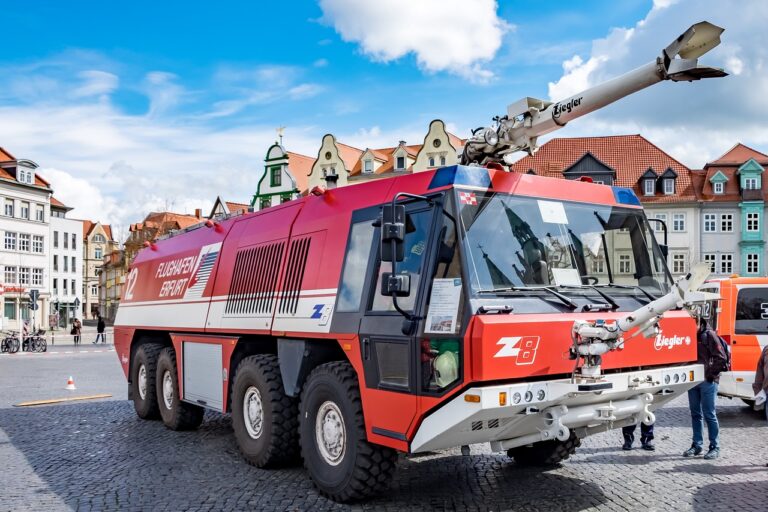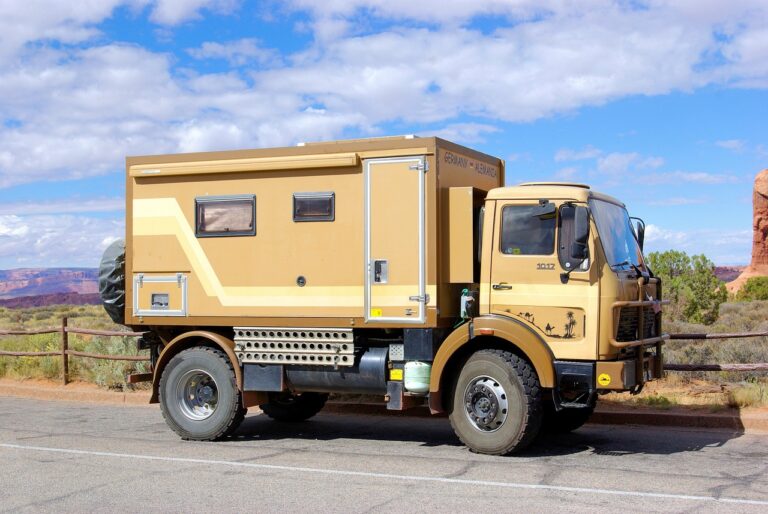Fleet Management in the Event Planning Industry: Venue Logistics: 99 exch, Laser 247 com, Yolo 247 login
99 exch, laser 247 com, yolo 247 login: Fleet Management in the Event Planning Industry: Venue Logistics
Events and meetings are an essential part of any organization’s marketing strategy, as they provide a platform for businesses to engage with customers, showcase their products, and build brand awareness. Event planners play a crucial role in ensuring that these events run smoothly and efficiently. One key aspect of event planning is venue logistics, which involves managing the transportation of guests, staff, and equipment to and from the event venue. Fleet management is an integral part of venue logistics and plays a crucial role in ensuring the success of an event.
What is Fleet Management?
Fleet management involves managing a company’s vehicles to ensure they are operating efficiently and effectively. In the event planning industry, fleet management is essential for coordinating transportation for guests, staff, and equipment to and from event venues. This includes ensuring that vehicles are well-maintained, drivers are properly trained, and routes are optimized to minimize travel time and costs.
The Role of Fleet Management in Venue Logistics
Fleet management plays a crucial role in venue logistics by ensuring that transportation is coordinated effectively and efficiently. Event planners rely on fleet managers to provide transportation solutions that meet their specific needs, such as luxury vehicles for VIP guests, shuttle buses for attendees, and trucks for transporting equipment and supplies.
Fleet managers work closely with event planners to develop transportation plans that ensure all guests and staff arrive at the venue on time and in comfort. They also coordinate with drivers to ensure that routes are optimized to avoid traffic congestion and delays. By leveraging technology such as GPS and fleet tracking systems, fleet managers can monitor vehicles in real-time and make adjustments to routes as needed.
Effective fleet management helps event planners save time and resources by streamlining transportation logistics and ensuring that vehicles are used efficiently. It also helps enhance the overall guest experience by providing reliable and comfortable transportation options.
Best Practices for Fleet Management in Venue Logistics
To ensure the success of an event, event planners should follow best practices for fleet management in venue logistics. This includes:
1. Conducting a thorough assessment of transportation needs and requirements
2. Developing a transportation plan that aligns with the event schedule and budget
3. Working with reputable transportation providers to secure vehicles and drivers
4. Monitoring vehicle performance and maintenance to ensure reliability
5. Implementing safety protocols and training for drivers
6. Utilizing technology to track vehicles and optimize routes
By following these best practices, event planners can ensure that transportation logistics are managed effectively and efficiently, leading to a successful event.
FAQs
Q: How can fleet management help reduce costs for event planners?
A: Fleet management helps event planners optimize their transportation resources, reduce fuel consumption, and minimize maintenance costs, leading to overall cost savings.
Q: What types of vehicles are typically used for event transportation?
A: Event planners may use a variety of vehicles, including luxury cars, shuttle buses, vans, and trucks, depending on the specific transportation needs of the event.
Q: How can event planners ensure the safety of guests and staff during transportation?
A: Event planners should work with reputable transportation providers, implement safety protocols, and provide training for drivers to ensure the safety of all passengers during transportation.
In conclusion, fleet management is a critical component of venue logistics in the event planning industry. By effectively managing transportation resources, event planners can ensure that guests and staff arrive at the venue on time and in comfort, leading to a successful event. By following best practices and utilizing technology, event planners can streamline transportation logistics and enhance the overall guest experience.







